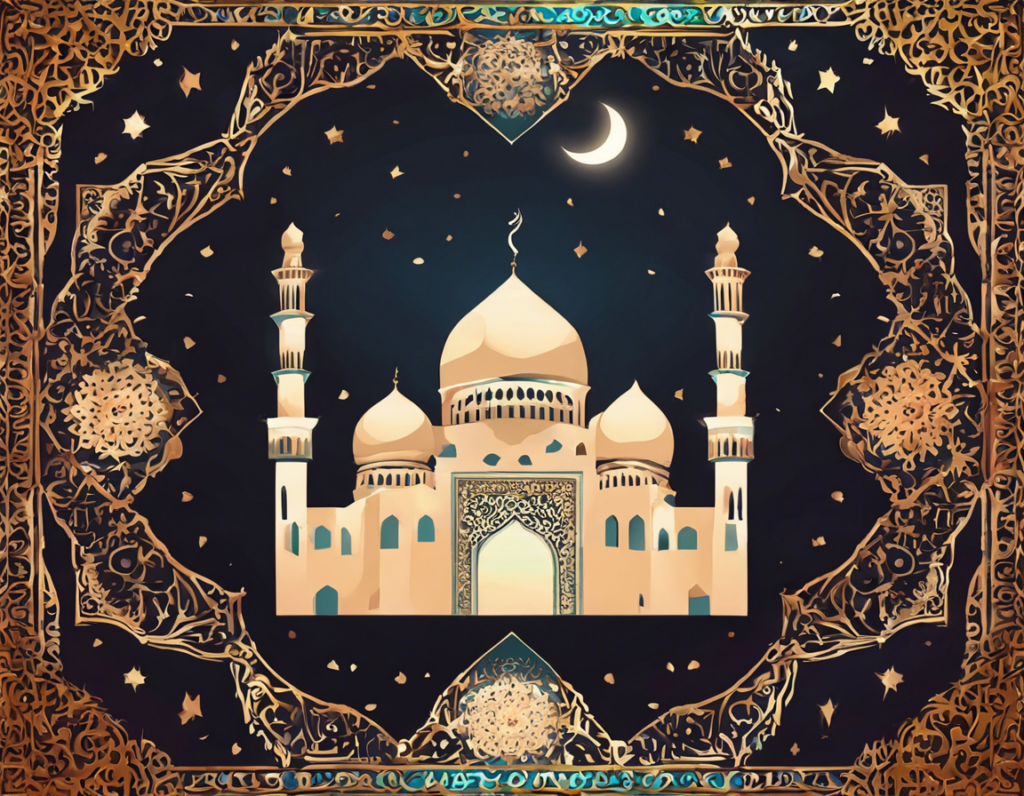The Shab-e-Barat, also known as Laylat-ul-Baraat or the Night of Forgiveness, is a significant religious observance celebrated by Muslims around the world. It falls on the 14th night of Sha’ban, the eighth month of the Islamic lunar calendar. The exact date of Shab-e-Barat varies each year based on the sighting of the moon, and in 2024, it is expected to be observed on the evening of April 2nd, lasting until the morning of April 3rd.
Significance of Shab-e-Barat
Shab-e-Barat holds immense spiritual significance for Muslims. It is believed to be the night when Allah determines the destiny of individuals for the coming year. According to Islamic belief, on this night, Allah forgives the sins of believers who seek repentance and grants mercy and blessings. It is a night of reflection, prayer, and seeking forgiveness for past wrongdoings.
Observances and Traditions
1. Night of Worship and Prayer
- Muslims spend the night in worship, reciting the Quran, offering special prayers, and seeking forgiveness for their sins.
2. Visiting Graves
- Many Muslims visit the graves of their loved ones to pray for their souls and seek blessings for themselves.
3. Feeding the Poor
- It is a common practice to distribute food and alms to the less fortunate as an act of charity and compassion.
4. Lighting Lamps and Candles
- Lighting lamps and candles is a popular tradition symbolizing the light of guidance and blessings on this sacred night.
5. Community Gatherings
- Communities come together for special collective prayers and religious gatherings to mark the occasion.
Dua and Istighfar on Shab-e-Barat
On Shab-e-Barat, Muslims engage in supplications, known as dua, seeking Allah’s mercy, forgiveness, and blessings. The recitation of Quranic verses and the repetition of phrases glorifying Allah (dhikr) are also common practices. Moreover, the seeking of forgiveness through istighfar is central to the observance of this auspicious night.
Importance of Repentance
Repentance (tawbah) is emphasized during Shab-e-Barat as it symbolizes turning back to Allah with sincerity and remorse for past transgressions. It is believed that sincere repentance on this night can lead to the forgiveness of sins and a renewed spiritual state.
Frequently Asked Questions (FAQs)
1. What is the significance of Shab-e-Barat in Islam?
- Shab-e-Barat is believed to be the night when Allah determines the fate of individuals for the coming year and forgives the sins of repentant believers.
2. How is Shab-e-Barat observed?
- Muslims engage in night-long prayers, visit graves, offer charity, recite Quranic verses, seek forgiveness through dua and istighfar, and participate in communal gatherings.
3. Why is charity important on Shab-e-Barat?
- Giving charity on Shab-e-Barat is considered a virtuous act that brings blessings and serves as a means of seeking forgiveness and showing compassion to the less fortunate.
4. Can prayers and repentance on Shab-e-Barat lead to forgiveness of sins?
- Yes, it is believed that sincere prayers, repentance, and seeking forgiveness on Shab-e-Barat can lead to the forgiveness of sins and the attainment of Allah’s mercy and blessings.
5. Is fasting recommended on Shab-e-Barat?
- While fasting is not obligatory on Shab-e-Barat, some Muslims choose to fast on this day as a sign of devotion and seeking closeness to Allah.
In conclusion, Shab-e-Barat is a sacred night in the Islamic calendar that offers believers an opportunity for spiritual renewal, repentance, and seeking forgiveness from Allah. By engaging in acts of worship, prayer, charity, and reflection, Muslims commemorate this auspicious occasion with faith and devotion, seeking divine mercy and blessings for the year ahead.
